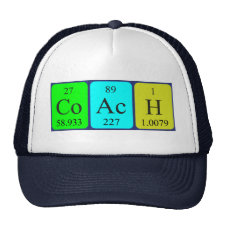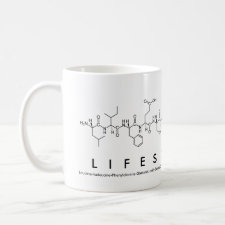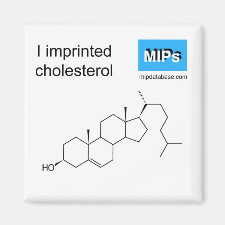
Authors: Lee WC, Hung CY, Hwang CC
Article Title: Separation of cholesterol from other steroids using molecularly imprinted Polymer prepared by seeded suspension polymerization.
Publication date: 2008
Journal: Chemical and Biochemical Engineering Quarterly
Volume: 22
Issue: (2)
Page numbers: 151-156.
Alternative URL: http://www.pbf.hr/cabeq/pdf/22_2_2008/Cabeq%202008-02-Chapter3.pdf
Abstract: Micron-sized particles of cholesterol-imprinted polymers were synthesized by seeded suspension polymerization in a mixture of 2-propanol and water using polystyrene microbeads as the seeds. Methacrylic acid was employed as the functional monomer to form complexes with template (cholesterol), along with ethylene glycol dimethacrylate as the crosslinker. After removal of template molecules, the columns (H = 15 cm, Di = 0.46 cm) packed with cholesterol-imprinted polymers were effective for the chromatographic separation of cholesterol from other steroids. When the sample of steroids was eluted isocratically at a flow-rate of Q = 0.5 mL min-1, using a mixture of acetonitrile and water (W= 95:5) as the mobile phase, the retention times for estrone, ?-estradiol and cholesterol were respectively ? = 5.3, 12.3 and 17.2 min. The average retention times were ?? = 5.3, 10.9 and 16.7 min respectively for estrone, progesterone and cholesterol in samples. The separation was based on the specific binding of cholesterol to recognition sites formed on the imprinted polymers. A separation factor of 1.6 for cholesterol and ?-estradiol was obtained. The chromatographic efficiency was dependent on the mobile phase composition. Reducing the water content in the non-polar mobile phase to zero could significantly enhance the separation. Compared with particles from bulk polymerization, the column packed with cholesterol-imprinted particles from seeded suspension polymerization had a higher chromatographic efficiency and the advantage of microanalysis
Template and target information: cholesterol
Author keywords: cholesterol, molecular imprinting, molecularly imprinted polymer, Seeded suspension polymerization



Join the Society for Molecular Imprinting

New items RSS feed
Sign-up for e-mail updates:
Choose between receiving an occasional newsletter or more frequent e-mail alerts.
Click here to go to the sign-up page.
Is your name elemental or peptidic? Enter your name and find out by clicking either of the buttons below!
Other products you may like:
 MIPdatabase
MIPdatabase









